« All Events
Meta.Talk: Conference @ Dokkhuset
03/05/2014 @ 10:00 - 16:00
FREE ENTRANCE
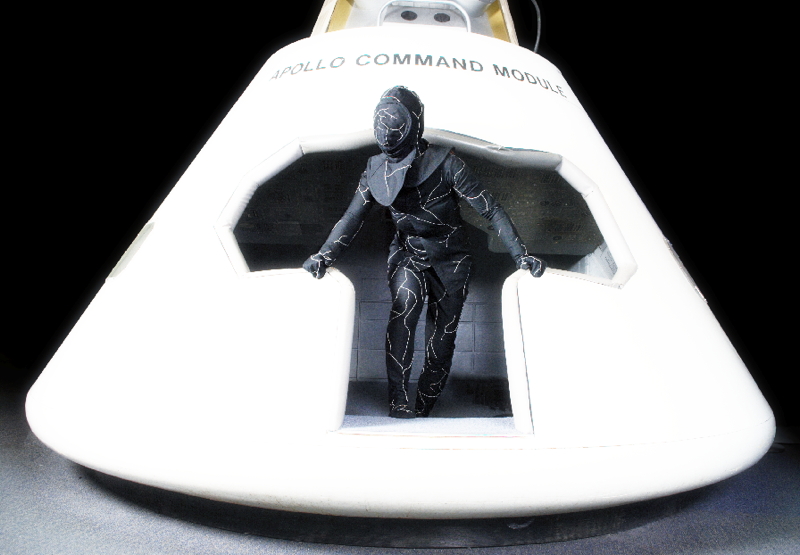
Rachel Armstrong / Marnix De Nijs / Frederik De Wilde / Espen Gangvik / Graham Harman / Jae Rhim Lee / Michael Najjar / Simon Park / Jørgen Skatland
Lost in Transition
Curated and moderated by Dr. Rachel Armstrong.
Speakers:
10:00 – Rachel Armstrong / Espen Gangvik: Welcome note
10:05 – Marnix De Nijs: Exploded views
10:30 – Frederik De Wilde: Hacking the black universe
10:55 – Jørgen Skatland: Technology as experience
11:20 – Simon Park: Exploring the invisible
12:00 – Michael Najjar: The Telematic Space
12.25 – Lunch
13:15 – Jae Rhim Lee: My mushroom burial suit
13:55 – Graham Harman: Symbiotic transition
14:35 – Rachel Armstrong: Lost in transition: An (urban) ecology of aesthetics
15:00 – Panel debate and wrap up
16:00 – The End
Rachel Armstrong: Lost in transition: An (urban) ecology of aesthetics
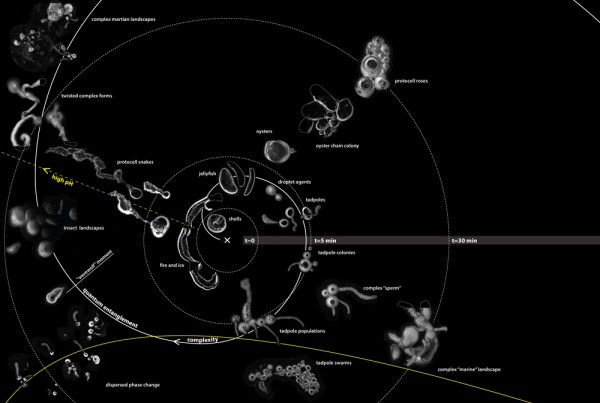
Rachel Armstrong is a Co-Director of AVATAR (Advanced Virtual and Technological Architectural Research) in Architecture & Synthetic Biology at The School of Architecture & Construction, University of Greenwich, London. 2010 Senior TED Fellow, and Visiting Research Assistant at the Center for Fundamental Living Technology, Department of Physics and Chemistry, University of Southern Denmark. Rachel is a sustainability innovator who investigates a new approach to building materials called ‘living architecture,’ that suggests it is possible for our buildings to share some of the properties of living systems. She collaboratively works across disciplines to build and develop prototypes that embody her approach.
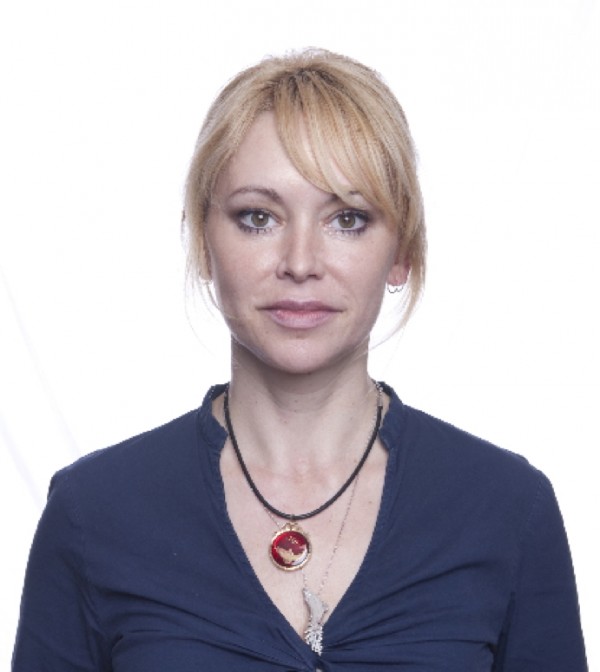
Marnix De Nijs: Exploded views
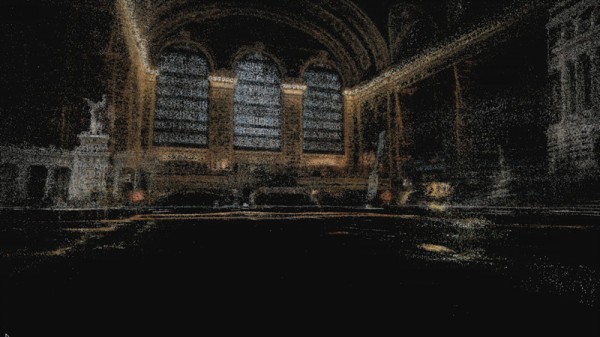
Marnix de Nijs (1970) is a Dutch installation artist. Graduated as a sculptor in 1992, he focused his early career on sculpture, public space and architecture. Since the mid 90’s, he has been a pioneer in researching the experimental use of media and technologies in Art. Impelled by the idea that technology acts as a driving force behind cultural change and therefore capable of generating new experiences where societal habits and communication are rethought, his work thrives on the creative possibilities offered by new media, while critically examining their impact on contemporary society and human perception.
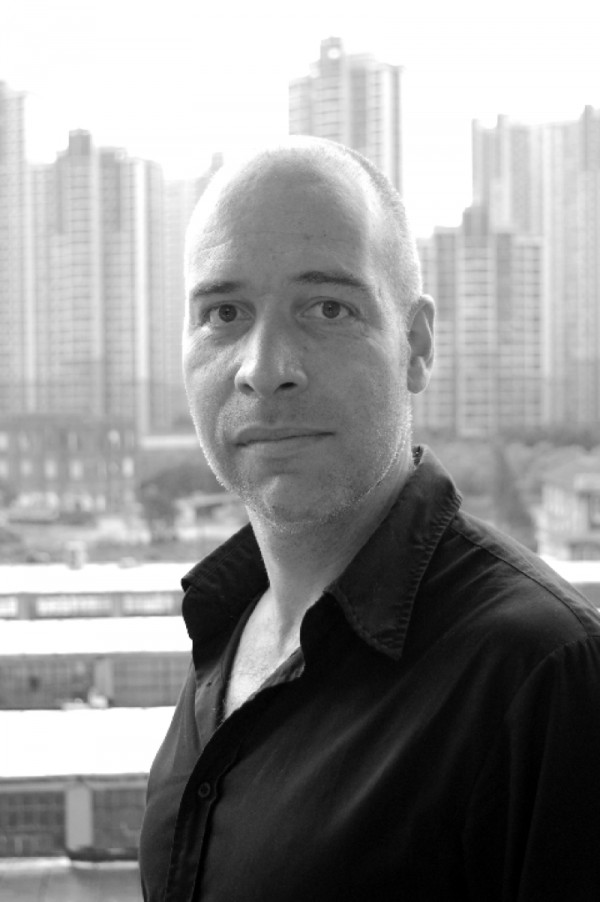
Frederik De Wilde: Hacking the black universe
![Frederik De Wilde - Quantum Foam #2 [sphere] - Red Edition](wp-content/uploads/2014/03/Frederik-De-Wilde-Quantum-Foam-2-sphere-Red-Edition-600x506.png)
Frederik De Wilde is an artist, researcher and interfacer, acting on the border, and working on the interstice of, art + [science + technology]. De Wilde studied fine arts, new media art and philosophy. De Wilde is most famous for his blackest black art developed with NASA and Rice University. De Wilde is also co-founder of 2Flamingos, an online webshop where art and science becomes fashion and design (www.2flamingos.com) His artworks have been exhibited in Europe, USA, Asia and Australia.
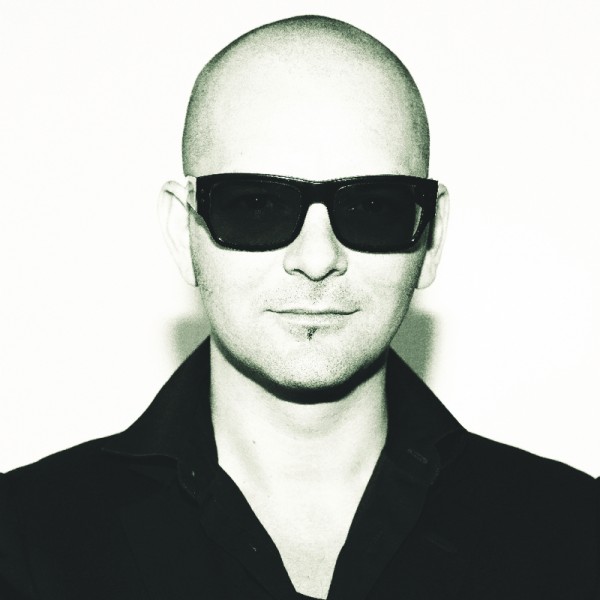
Jørgen Hallås Skatland: Technology as experience

As my main research interest is concerned with the identity of the Object of Architecture, both as a physical entity and as an aesthetic experience -I am naturally invigorated by the fusion of art and technology. From my somewhat pragmatic perspective as both a practitioner and researcher i draw heavily on american philosophy from the beginning of the century in my dealings with how we manipulate our surroundings, both temporally and spatially.
Bio:
2005: Military service as musician
2006: Studies in mathematics and physics
2010: Lived outside in a tent
2011: Graduated from Architecture School
2012: Re-attended architecture school as teacher
2013: PhD fellow at same institution
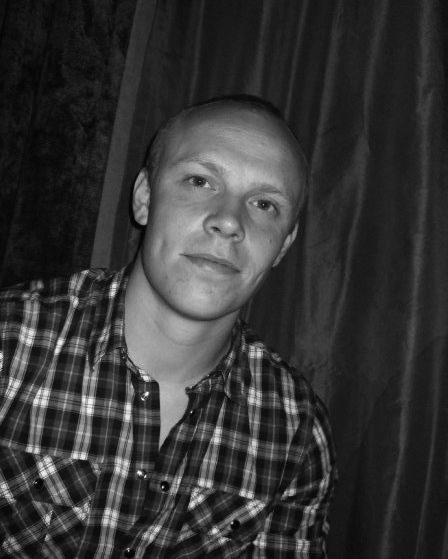
Jørgen Skatland is a PhD. research fellow at the Department for Architectural Design, Form and Colour Studies, at the Faculty of Architecture and Fine Art, Norwegian University of Science and Technology.
Simon Park: Exploring the invisible
Long before their empirical revelation, microbes influenced the sensibility of many artists, perhaps most notably in Nicolas Poussin’s The Plague at Ashdod and Raphael’s Il Morbetto. Then as the microscope began to reveal a previously hidden world, artists and scientists alike were quick to appreciate that microbiology is also able to produce its own powerful aesthetic. The aesthetic nature of microbes can be readily seen in Hooke’s Micrographia, Sergei Winogradsky’s hand-coloured drawings from Microbiologie du Sol, Henriëtte Beijerinck’s paintings, and Ernst Haeckel’s Kunstformen der Natur. Today, our understanding of microorganisms, and particularly that of bacteria is being revolutionized as we have discovered that bacteria are not the simple solitary creatures that, through our simple laboratory experiments, that we once believed them to be, but that under the demands of the wild, these life forms exist in a continual transitional state and in dynamic communication with each other. This talk will explore the vast aesthetic and conceptual palette that microbiology offers, using examples of my own, and collaborative works with artists.

Dr Simon Park is a Senior Lecturer in Molecular Microbiology at the University of Surrey. For the past fifteen years he has taught Bacteriology and Molecular Biology, to both undergraduate and postgraduate students. Also, as an internationally recognised microbiologist, he has also published two text books and over 60 research papers in refereed journals, books and other periodicals. In his practice beyond objective scientific research, he works as an artist, and with artists, to explore the microbiological world, and to reveal its subtle, and usually hidden, narratives. Simon has been involved in over twenty five collaborative projects with artists (three of which were Wellcome Trust funded) that have combined science and art, and he has exhibited, both solo and joint work, at venues such as, The Natural History Museum, The Science Museum, The Royal Institution, The Science Gallery Dublin, The Institute of Culture Barcelona, and GV Art, London.
http://exploringtheinvisible.com
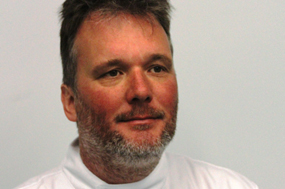
Michael Najjar: Netropolis
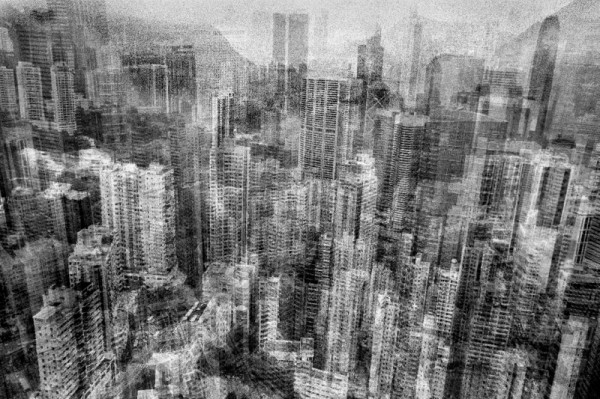
netropolis | hong kong
2003-2006, 120 x 180 cm, hybrid photography, lightjet-print, aludibond, diasec, Courtesy of the artist, © Michael Najjar
Michael Najjar is a German artist, adventurer and – future astronaut. Born in 1966, he has lived and worked in Berlin since 1988. His work is shown in museums, galleries and biennials around the world.
He works with Photography and Video. The focus of his work is on key elements of our modern society driven and controlled by computer and information technologies. Najjar, widely seen as a visual futurist, transmutes science, history and philosophy into visions and utopias of future social structures emerging under the impact of cutting-edge technologies. The fusion of realistic elements with fictitious realities, is a recurrent hallmark in his work which is usually composed in thematically focused series. Najjar demonstrates the potential of the photographic image, capable of making visible what is normally invisible to the human eye. His work visualizes what very often is beyond the limits of our perception, unveiling what is hidden under the surface of what he calls “telematic society“.
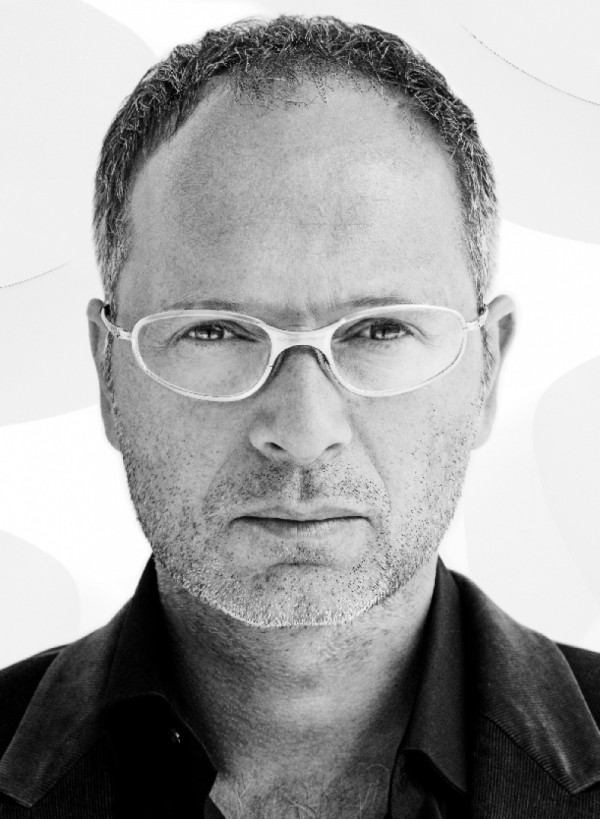
Jae Rhim Lee: My mushroom burial suit
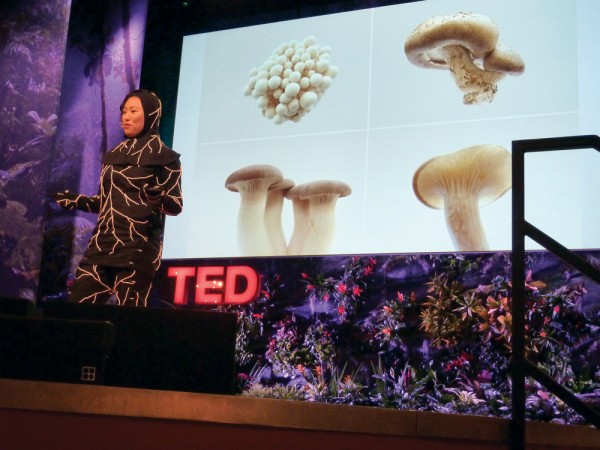
Jae Rhim Lee is an artist, designer, inventor, and entrepreneur. Her living units, furniture, wearables, and recycling systems propose unorthodox relationships between the mind/body/self and the built and natural environment while critically engaging governmental institutions, industries, and social norms. She is a TED Fellow, the founder of the Infinity Burial Project, and has lectured and exhibited her work internationally and across disciplines. She is a graduate of MIT and Wellesley College and currently lives in Austin, Texas.
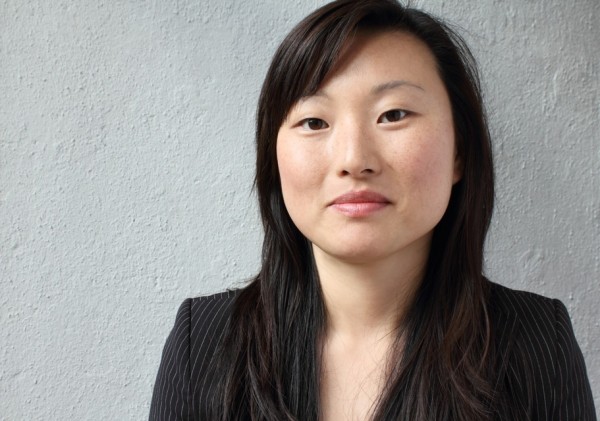
Graham Harman: Symbiotic Transition
Philosophies of process, change, and becoming are often contrasted with philosophies of unchanging, static essences. I hold that a third position is necessary. While no one really wants a philosophy that would privilege the eternal while viewing transitions in the cosmos as nothing but superficial alteration, there is an equal danger with the opposite position: the danger that if everything is changing at every moment, then any moment is as dramatic as any other, and all transition (however trivial) is equally revolutionary. In this lecture I will develop the theme of symbiosis as the site of genuine transition, in the arts and elsewhere.
Graham Harman is Distinguished University Professor at the American University in Cairo, where he has worked since 2000. He is a founding member of the well-known Speculative Realism movement, and the chief exponent (since the late 1990’s) of object-oriented philosophy. In 2013 he was ranked by ArtReview, along with his Speculative Realist colleagues, as one of the 100 most powerful influences in the contemporary art world.
Graham Harman is the author of numerous books, most recently Bells and Whistles: More Speculative Realism (2013).
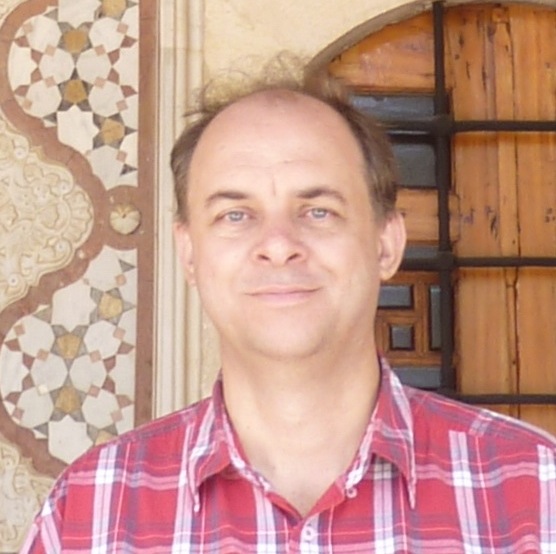
Photo: Necla Demir.







![Frederik De Wilde - Quantum Foam #2 [sphere] - Red Edition](wp-content/uploads/2014/03/Frederik-De-Wilde-Quantum-Foam-2-sphere-Red-Edition-600x506.png)












